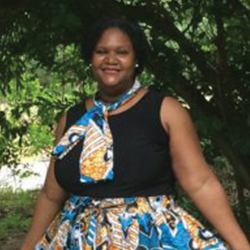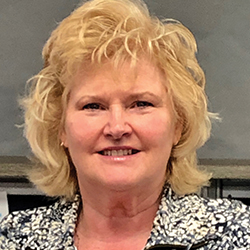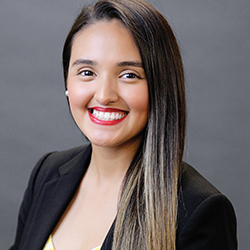Starting in January 2019, American Public Square worked with more than 200 area high school students to teach them how to engage in civil dialogue about controversial topics. This Student Initiative culminated in a public event on April 4th at Truman High School where a panel discussed racial disparities in school discipline. Students in American History and English classes at Truman and Van Horn High Schools selected the topic, helped to choose the panelists and organized the event.

SUSPENDED! Race and Discipline at School
SUSPENDED! Race and Discipline at School


Panelists
Eric Camburn has conducted research on school improvement, school leadership, and inequalities in educational opportunity for three decades. His research has contributed to the field’s understanding of social inequalities in the secondary and postsecondary outcomes of urban students, and of factors that promote and impede the progress of urban students at key junctures. Eric has worked collaboratively with multiple urban school districts to help inform improvement initiatives through research evidence.

Justice Gatson is active in many social justice causes. In addition to her work for the ACLU Missouri, she is a Sister Doula at Uzazi Village, the founder of Reale Justice Network, and a core leader of One Struggle KC. Justice formed “Social Justice Doulas International” and has coined the term “Social Justice Doula” (SJD), which describes a trained professional that supports community members affected by all forms of social injustice, generational trauma, and historical violence.

Wendy Kline is an assistant principal at Truman High School in the Independence, Missouri School District. Truman has approximately 1600 students and over 100 faculty and staff. Wendy taught Social Studies and was the Student Services Coordinator and an assistant principal at Van Horn High School. She served four years as the associate principal at Independence Academy which is the alternative K-12 campus. Wendy holds degrees from Park University, Avila University, and St. Louis University.

Vanessa Ramirez is a student at the University of Missouri, majoring in Political Science. This semester, she is working for Kansas City Girls Preparatory Academy which, when it welcomes its first students in Fall2019, will become the first single-gender charter public school in Kansas City. Vanessa is also co-creator of Fresher Than U, a custom air freshener business that puts young artists’ work on everyday items. She is a proud Chicana, advocating for human rights and quality education for everyone.

Brian Ellison is Executive Director of Covenant Network of Presbyterians. He is also a regular substitute host on KCUR 89.3’s daily talk shows, Central Standard and Up to Date, as well as a breaking-news and election-night anchor. Brian’s reporting on Missouri politics and government has included appearances on NPR’s Here and Now, KCPT’s Kansas City Week in Review, and Ken Rudin’s Political Junkie.
FACT SHEET
American Public Square
Racial Disparities in School Discipline
Civil rights groups have observed “gross racial disparities” in student punishment in our public schools. There are concerns that these inequalities in treatment violate students’ civil rights. Moreover, unequal treatment in school punishment leads to far-reaching negative outcomes – the school to prison pipeline.
In a 2015 report from the Center for Civil Rights Remedies from UCLA, researchers who studied discipline and racial disparities in schools found Missouri ranked first “in the country for the [out-of-school] suspension of Black elementary school students.” According to the report, Missouri suspended over 14% of Black elementary students and [has] the largest Black/White gap for suspensions at the elementary level (1).
In 2017 the ACLU issued a report, From School to Prison: Missouri’s Pipeline of Injustice, on racial disparity in school discipline and determined that the Missouri data are “beyond alarming and indicate that Missouri public schools are not engaging in equitable discipline.” In the 2013-2014 school year, researchers found “while Black students made up 14 percent of Missouri’s student population, they were given 41 percent of the suspensions as discipline” (2).
Looking at the Missouri numbers by gender, Black male students received nearly four times the out-of-school suspensions as White male students (3). Black girls in Missouri schools received 35 percent of all in-school suspensions though they only represented 14 percent of the female student population (4). Beyond gender the report found “Missouri’s Black students with disabilities [were] suspended three times more frequently than White students with disabilities” (5). Even Black preschoolers showed a suspension rate four times higher than White preschoolers (6). The report discusses the downward spiraling effect of being singled out for discipline which sends students the message that they are “bad.” Students then get labeled and treated as “problematic” (7).
School discipline policies, left unchecked, have consequences and costs, not only for the students, but for society as a whole (8). The long-term effects of disciplinary suspension can end up “perpetuating cycles of poverty, low-education attainment, and systemic structural inequalities.” What results is “intergenerational socio-economic stratification” (9).
There is an economic cost to racial disparities in school discipline. “In Missouri, it costs $89,170 a year to pay for one child in a juvenile justice facility.” Compare this to the average cost of educating a student for one year – $10,802. The cost for juvenile justice robs other sectors of the state economy including education (10).
States are searching for ways to provide alternative approaches to suspension and school arrests. “Fourteen states have already passed measures designed to reduce or eliminate exclusionary discipline practices” (11). Virginia for example, passed legislation forbidding the suspension of pre-K through third grade for more than three days (12). There is movement in Missouri to adopt similar disciplinary strategies with the goal of keeping students in school and dealing with behavior issues in different ways. According to a report on KCUR, Kansas City Public Schools had “drastically decreased the number of out-of-school suspensions in 2016-17” (13).
REFERENCES
- Daniel Losen, Cheri Hodson, Michael A. Keith II, Katrina Morrison, Shakti Belway “Are We Closing the School Discipline Gap?” February 23, 2015. p. 7. LINK https://www.civilrightsproject.ucla.edu/resources/projects/center-for-civil-rights-remedies/school-to-prison-folder/federal-reports/are-we-closing-the-school-discipline-gap/?searchterm=are%20we%20closing%20the%20discipline%20gap
- ACLU Missouri. Missouri’s Pipeline of Injustice: From School to Prison, p.6. https://www.aclu-mo.org/en/missouris-pipeline-injustice-school-prison LINK
- , p. 28.
- , p. 26.
- , p. 7.
- , p. 6.
- , p. 9.
- Daniel Losen, Cheri Hodson, Michael A. Keith II, Katrina Morrison, Shakti Belway “Are We Closing the School Discipline Gap?” February 23, 2015. p. 4. LINK
- ACLU Missouri. Missouri’s Pipeline of Injustice, p. 19 & 21. https://www.aclu-mo.org/en/missouris-pipeline-injustice-school-prison LINK
- , p. 20.
- , p. 39
- Justin Mattingly. “Northam signs student discipline reform bills as Virginia schools still disproportionately suspend black students.” Richmond Times-Dispatch, June 3, 2018. LINK https://www.richmond.com/news/virginia/government-politics/general-assembly/northam-signs-student-discipline-reform-bills-as-virginia-schools-still/article_ee156e85-43b8-59ce-be13-e767818e9b91.html
- Moxley, Elle. “ACLU: Missouri Schools Still Punishing Black Students More Severely Than White Students.” KCUR, July 31, 2018. LINK https://www.kcur.org/post/why-kansas-city-public-schools-are-taking-trauma-sensitive-approach-discipline#stream/0







